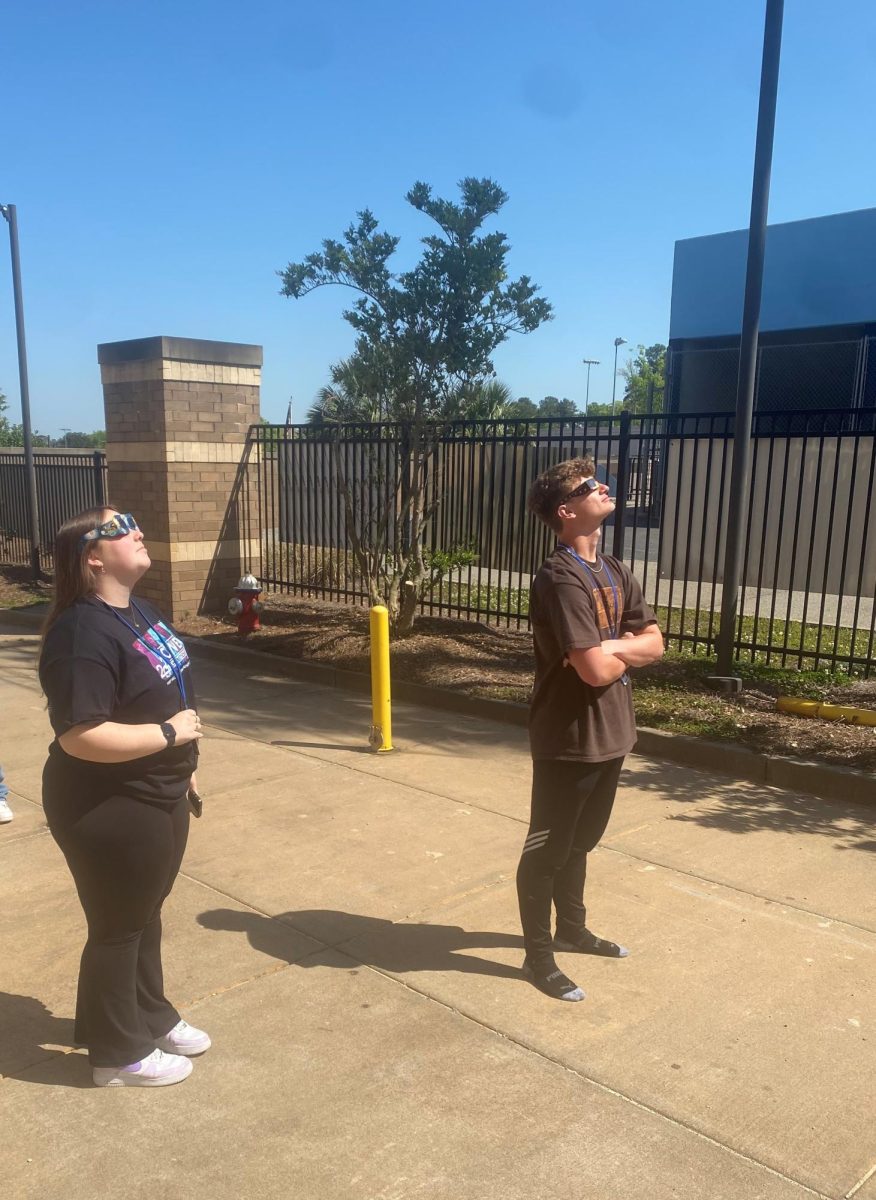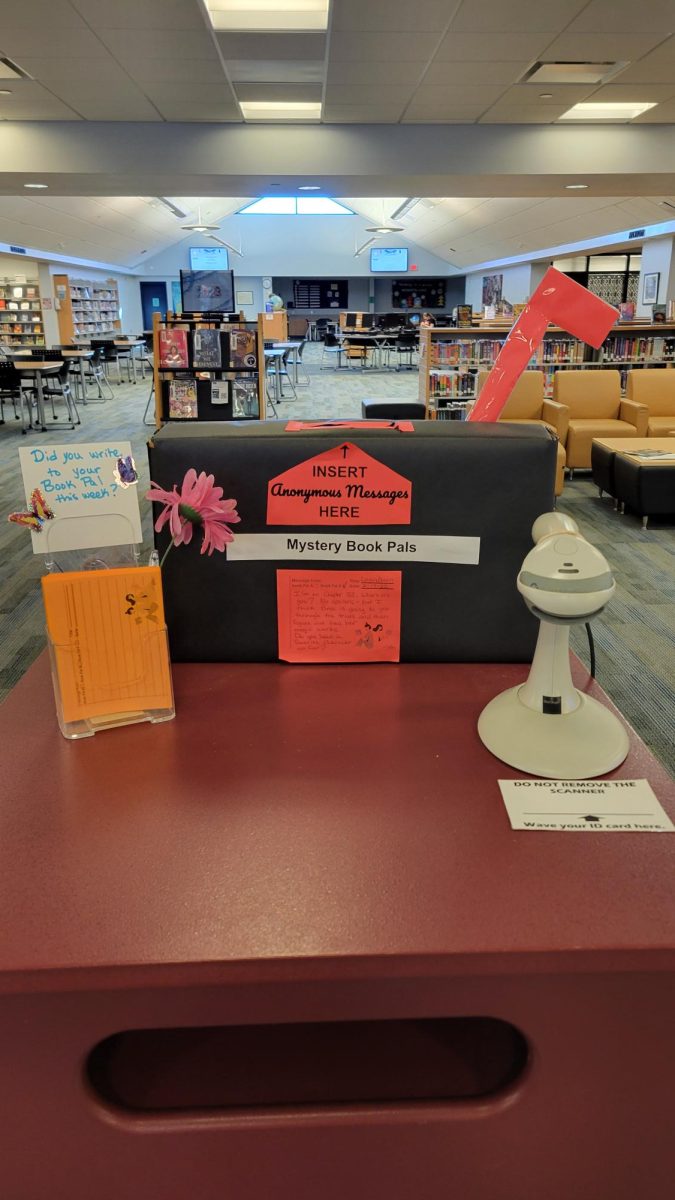Most people who have turned on the news in the past two months have heard about the protests in Egypt. Officially dubbed The 18 Day Revolution, protesters were able to make their leader, Hosni Mubarak, stand down and give them control of the country. Civil disobedience resulted in the deaths of 135 protesters, 12 policemen, 12 escaped prisoners, and one prison chief, a total of 384 deaths and 5,500 injuries. While the Egyptian revolution is over, other countries are just starting their own revolutions.
Yemen, Bahrain, Jordan and Libya have all followed in an attempt to make a point to their government.
Yemen started off protesting unemployment, economic conditions and corruption, and then moved to asking for the president of 32 years, Ali Abdullah Saleh, to resign. He has announced that he will not be running for re-election in 2013.
Bahrain, the second of the protests, claims that the uprising in Egypt was their motivation. The aim of the Bahraini protesters is to peacefully get the leaders to change to constitution. Seven have died and as of 17 February the protesters have called for an end to the monarchy. Protests still continue. As of March 15, the king has issued a three month state of emergency.
Lead by an opposition group called the Muslim Brotherhood, Jordan has had the most peaceful of the protests. No deaths or injuries have been reported. In addition, King Abdullah II, Jordan’s leader, has stated that they are going to become a more democratic society. He has also dismissed his current cabinet and appointed a new prime minister, Marouf Bakhit.
Finally, the most recent and extreme of the protests have happened in Libya. Attributed to the protests in Egypt, it started off as just protests in the streets, but quickly turned to conflicts against Dictator Muammar Gaddafi’s 42-year rule. Gaddafi is in control of many mercenary forces, because his own people have joined the protests. Libya is the most censored country in the Middle East and North Africa. Because of this, the word of civilian massacres has not been spread as well as it could. Most nations have condemned Gaddafi’s use of force on civilians. When the protests started, the U.S. stopped providing equipment to Gaddafi’s forces. Most recently the U.S. has prepared for a strike on Libya. While another conflict is trying to be avoided as well as possible, the White House has given orders to prepare “all options.” Defense Secretary Robert Gates has ordered 400 marines to join the Kearsarge in the Mediterranean Sea.
Some are also worried that anti-American actions could appear because the United States used to support some of the dictators that have been overthrown. This leads to fear that the people of these countries will remember the support that the U.S. gave to their fallen leaders.
Whether the outcome is peace or war, democracy or anarchy, one thing is for sure: things will not be the same in the Middle East.





